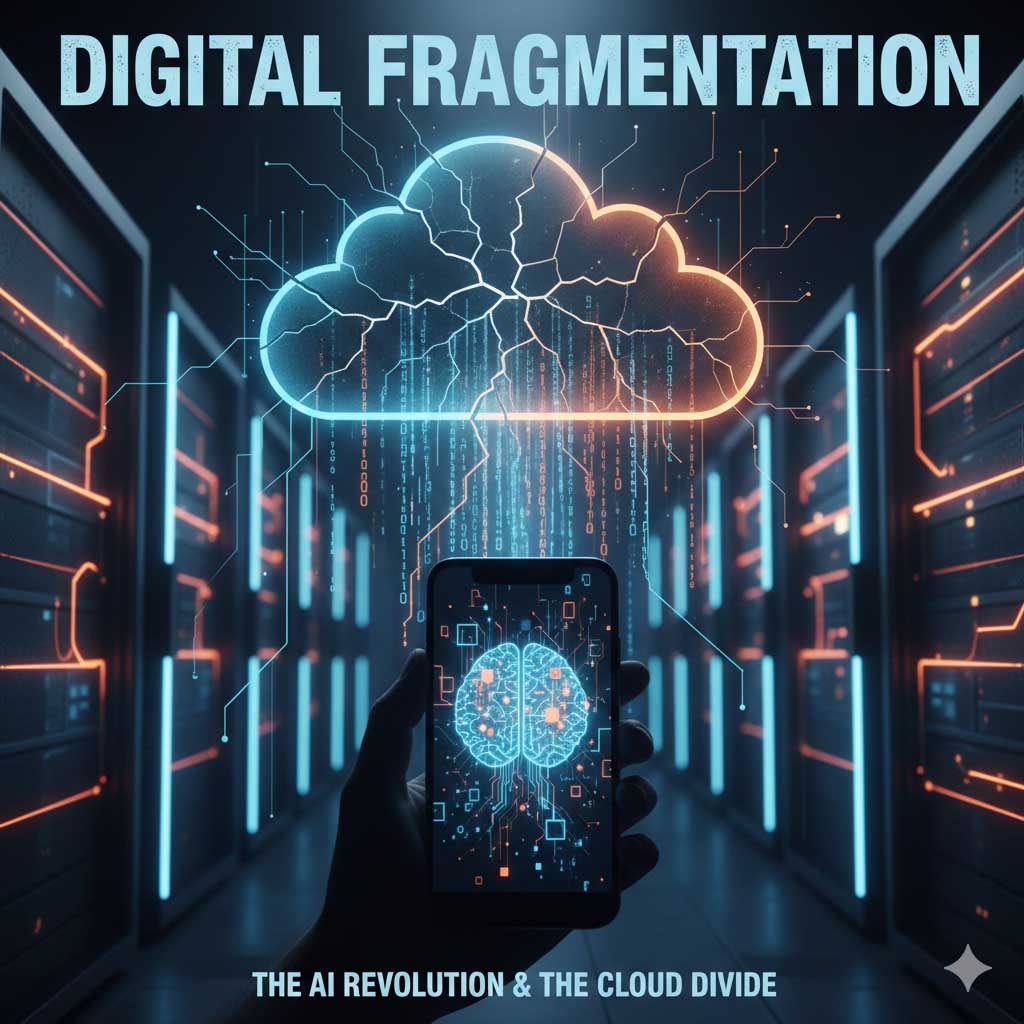Technology never sleeps — and today has been one of the busiest days of 2025 for the global tech industry. From major system outages disrupting the digital world to groundbreaking AI features rolled out by top tech giants, the tech landscape is buzzing with innovation, controversy, and major shifts.
Here are the top 10 most viral and trending technology stories shaping the world today.
1. Global Cloudflare Outage Disrupts the Internet
A major Cloudflare outage sent shockwaves across the internet after a misconfigured system file caused several core services to crash. Platforms such as X (Twitter), ChatGPT, Spotify, Discord, and many websites saw thousands of outage reports across the United States and other regions.
Experts warn that this highlights a significant weakness:
Too much of the internet depends on a handful of cloud infrastructures.
Security analysts are now urging companies to consider multi-CDN protection to avoid massive shutdowns like this in the future.
2. Huawei Mate 70 Series Nears 9 Million Sales Ahead of Mate 80 Launch
Huawei’s Mate 70 series continues to dominate the Chinese flagship market. Leaks show the lineup is close to 9 million units sold, and experts predict it will hit 10 million before the highly anticipated Mate 80 announcement.
The series gained popularity due to:
- Powerful Kirin chip performance
- Competitive pricing
- Enhanced photography features
- Strong local demand despite U.S. sanctions
The upcoming Mate 80 is expected to raise the bar for domestic smartphone innovation.
3. OpenAI Introduces “Group Chat” for ChatGPT
OpenAI is rolling out a new collaborative feature called Group Chat, allowing multiple users to join a single chat session with ChatGPT.
This breakthrough unlocks new possibilities:
- Team brainstorming inside ChatGPT
- Classroom or family-level shared AI interaction
- Corporate workflow automation
- Multi-user productivity sessions
It marks a shift toward making ChatGPT a true collaborative AI partner, not just a one-on-one assistant.
4. Amazon Music Adds Direct “Share to TikTok” Feature
Amazon Music has launched a new integration with TikTok that allows users to share songs, playlists, and listening insights directly as TikTok posts.
This feature includes:
- One-tap share
- Auto-generated visual elements
- Personalized music insights
- Trend-friendly short video templates
This move makes Amazon Music more competitive against Spotify and Apple Music, especially among younger audiences who use TikTok as their primary music discovery platform.
5. Nothing Explores AirDrop–Compatible File Sharing
The smartphone brand Nothing is reportedly working on a cross-platform file-sharing system that could make Android–iPhone wireless sharing possible — something the industry has wanted for years.
The goal is simple:
Make Quick Share fully compatible with Apple’s AirDrop.
If successful, this innovation could:
- Break down “ecosystem walls”
- Encourage better device interoperability
- Push other manufacturers to collaborate on unified standards
This could be one of the biggest consumer-friendly tech upgrades of 2025.
6. Security Experts Recommend Multi-CDN After Cloudflare Collapse
Following the global outage, experts have raised alarms about businesses relying on a single CDN provider. The incident showed how one small cloud error can cascade into worldwide disruptions.
The recommended solution?
Multi-CDN redundancy, which increases uptime by balancing traffic across several providers.
Companies are now reconsidering their cloud architecture to ensure they’re not risking billions due to one system crash.
7. Why Cloud Outages Are Becoming More Frequent
Recent analysis reveals that cloud service disruptions are rising due to:
- Highly centralized cloud ecosystems
- Automated deployment systems making rapid changes
- Increased software complexity
- Global dependency on APIs and DNS infrastructures
Even minor misconfigurations now have massive impacts due to interconnected systems.
Experts say the internet needs a long-term decentralization strategy to prevent recurring large-scale outages.
8. Rumors Spread About Google’s “Quantum Echoes” Algorithm
The tech community is buzzing with reports that Google may have developed a new powerful quantum algorithm unofficially called “Quantum Echoes.”
If these rumors are true, potential applications include:
- Advanced materials research
- Ultra-fast molecular simulations
- Breakthroughs in medicine
- High-level physics calculations
- Potential disruption of current encryption standards
While Google has denied nothing, it has also not confirmed anything — keeping the rumor mill active.
9. CoreWeave Becomes the Fastest-Growing AI Cloud Provider
CoreWeave, a specialized AI cloud platform, is becoming a top provider of Nvidia GPU compute resources, overtaking several older competitors in the training-infrastructure race.
Why CoreWeave is rising fast:
- Access to large GPU clusters
- Scalable infrastructure for training giant models
- Competitive pricing compared to Big Tech
- A strong relationship with Nvidia
AI companies and startups are increasingly choosing CoreWeave as their compute provider of choice.
10. Meta Signs $3 Billion Cloud Deal With Nebius
Meta has entered a massive $3 billion, 5-year cloud partnership with Nebius to expand its AI and data compute capabilities.
This deal highlights:
- Massive growth in AI infrastructure demand
- Increasing reliance on regional cloud partners
- Meta’s push to accelerate AI model development
- The growing competition among global cloud providers
The deal is one of the largest AI-cloud partnerships of the year.
Final Thoughts
Today’s trending tech news reveals a common theme:
The world is becoming more dependent on cloud infrastructure, AI on cloud infrastructure, AI advancements, and cross-platform connectivity — but also more vulnerable to outages and systemic failures.
From revolutionary AI updates to quantum computing rumors and massive cloud disruptions, November 23, 2025, has been a landmark day for global technology.
